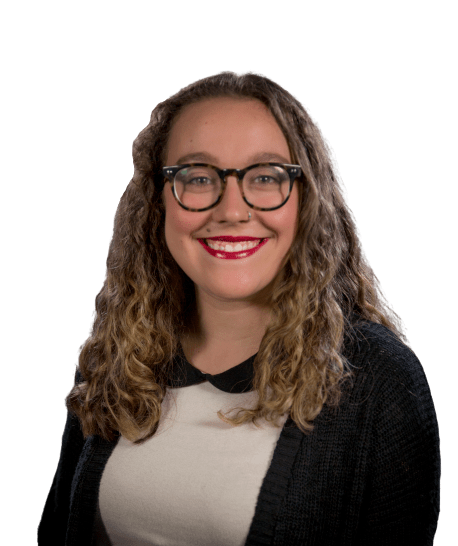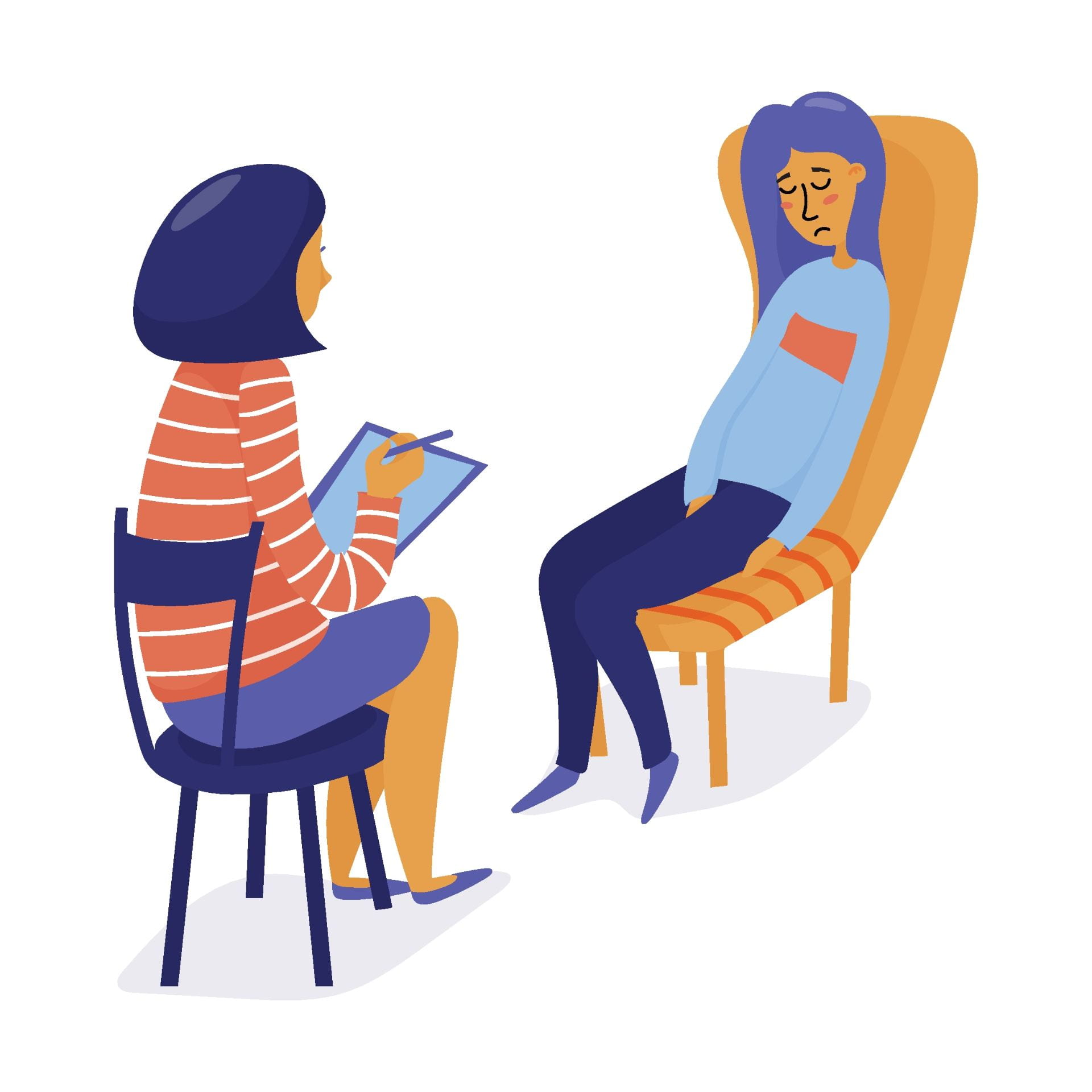Sofia Sytniak
This has led Sofia to work as a research assistant for Dr. Antonio Polo in DePaul’s Clinical Psychology Department and as a Participant Engagement Intern for the Northwestern Institute for Sexual and Gender Minority Health and Wellbeing (ISGMHW).
Research Assistant at DePaul in Clinical Psychology Department
Participant Engagement Intern at Northwestern Institute for Sexual and Gender Minority Health and Wellbeing
Sofia was also connected to her internship at Northwestern through DePaul when the professor in her lab introduced her to someone who was interning at the ISGMHW. It’s been important to Sofia to take advantage of the opportunities around her, especially while she was at DePaul, and she advises other students to do so as well.
“Take advantage of all the resources that DePaul has, especially finding professors who are interested in the stuff you’re interested in because that’s been really important and helpful for me,” she says. “My general experience of DePaul professors has been that they’re all really excited about mentorship and really want to help their undergraduate students.”


